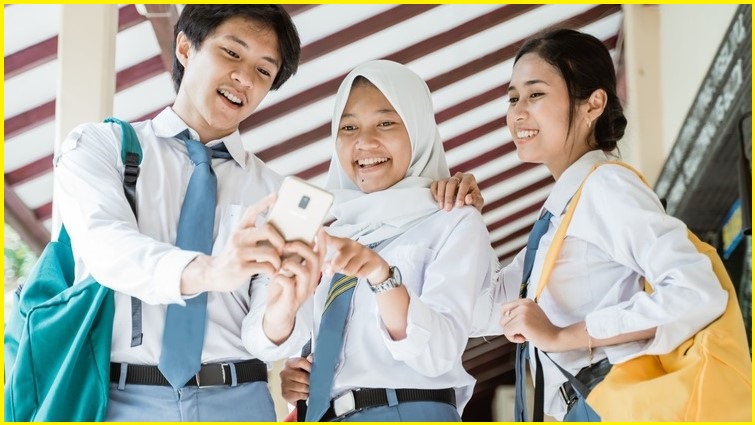New South Wales students will be banned from using their mobile phones from the first day of term 4, after Chris Minns’ newly-elected Labor government made good on an election promise and rapidly moved to implement the new policy.
Long-advocated for by teachers and parents but likely to annoy more than a few students, the policy – which was promised and loudly touted during the recent election campaign – comes amidst a growing trend towards restricting the use of potentially disruptive technologies during class.
It mirrors similar policies already in place overseas – where bans in the likes of Spain, Israel, France, China, and elsewhere were implemented years ago – and in Australian states including South Australia, Victoria, WA, and the Northern Territory.
“I don’t want to see NSW kids fall behind,” Minns told ABC.
“I know a lot of adults find it difficult to concentrate when a mobile phone is in front of them, so I don’t know why we expect children to be able to have that kind of discipline.”
Schools will have some discretion as to how the phones students will be separated from their phones – locked pouches, lockers, or simply a requirement that phones not be removed from student bags are all options – but the devices will also be banned during recess and lunchtimes.
“For many schools and teachers,” Minns said, “that’s enough so they know the school ban is in place and they know there’s no ambiguity if a kid does take out a mobile phone at recess or at lunch.”
Appetite for distraction
The policy comes amidst growing concern about the increasing screen time of young people, with estimates that overall screen time increased by up to 71 percent during the COVID-19 pandemic.
It is seen as one of many factors that have seen NSW’s academic rankings sliding over the past 15 years, to the point where reading, maths, and science outcomes are outside of the top 20 jurisdictions in the world.
Whether banning mobile phones can improve this remains to be seen, with some sceptics – noting that studies in Sweden have shown no change in student performance after bans were implemented – arguing that such bans risks becoming a token gesture in a multi-faceted response.
Nonetheless, state governments stand behind the research, with Victoria highlighting a range of research to support its 2020 ban.
UK evidence shows that the students seeing the biggest benefits are those with the lowest scores, Minns said, noting that many such students saw their scores increase by double the amount of their more capable peers.
And while authorities are well aware that many students will attempt to circumvent the ban by using laptops instead, Minns waved off concerns that the mobile phone ban would be a paper tiger.
“We don’t want to let perfection be the enemy of the good here,” he said. “We’ve seen the evidence from the UK, and a lot of high schools in NSW, that there’s an enormous social good associated with bringing in that mobile phone ban, particularly at recess and lunchtime.”
“We think it will make a big difference,” Minns added, “and we want to make sure that NSW students aren’t falling further behind their interstate cohorts.”










